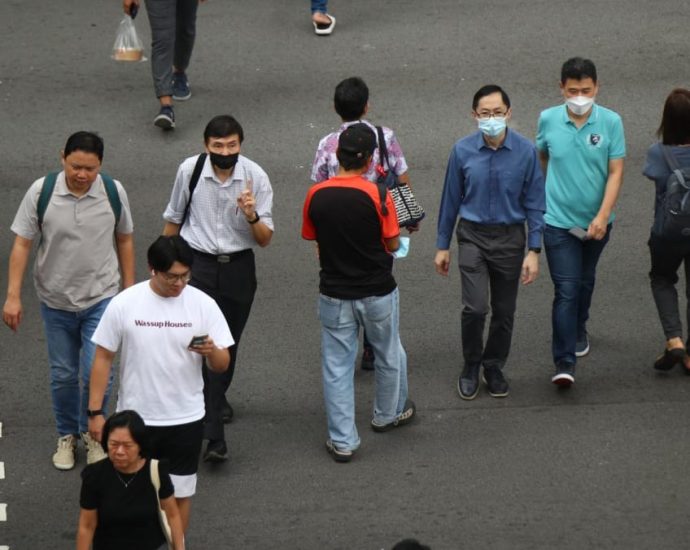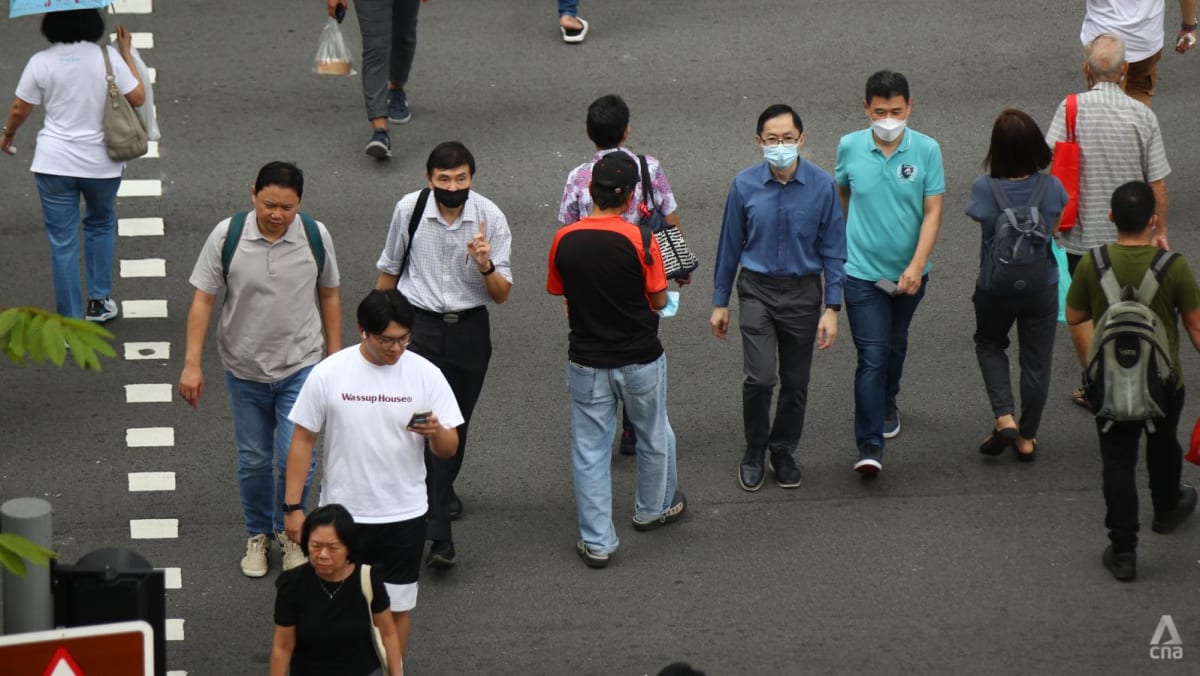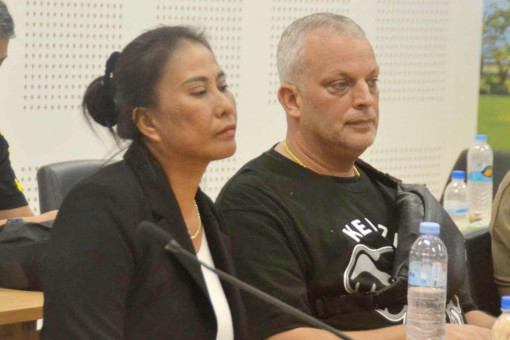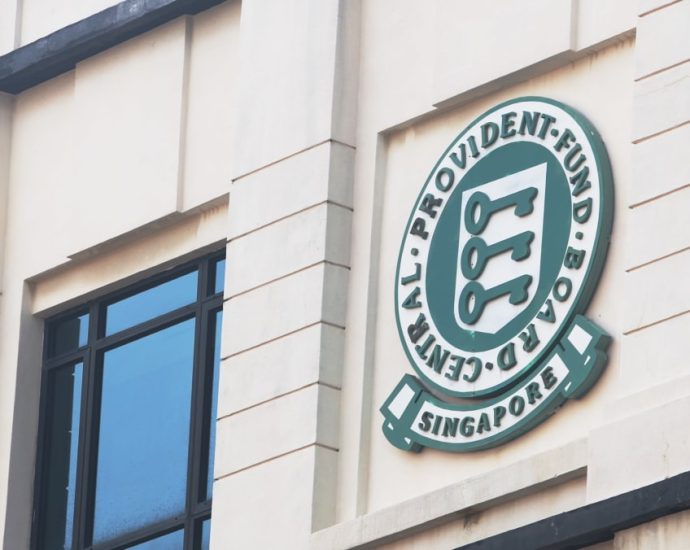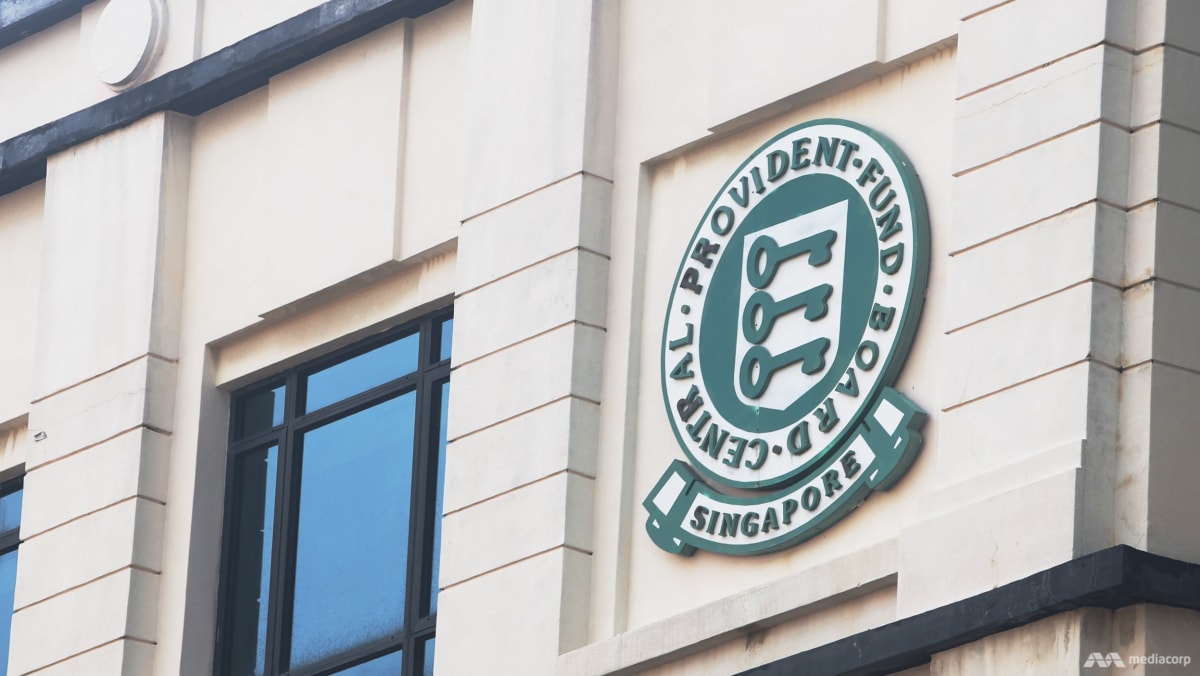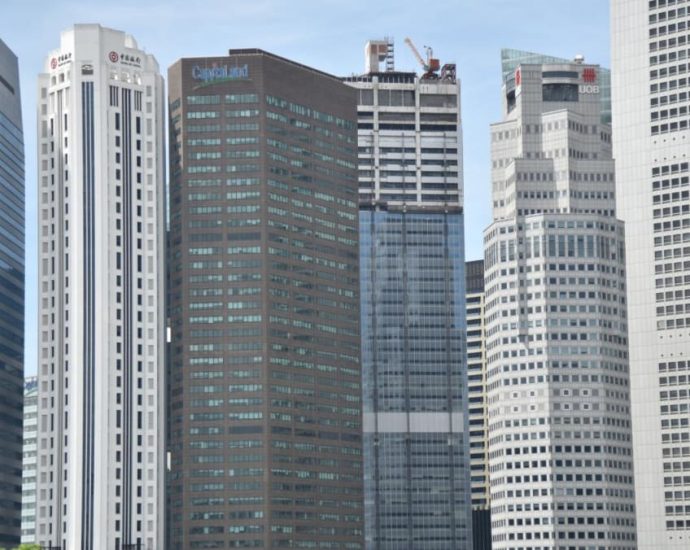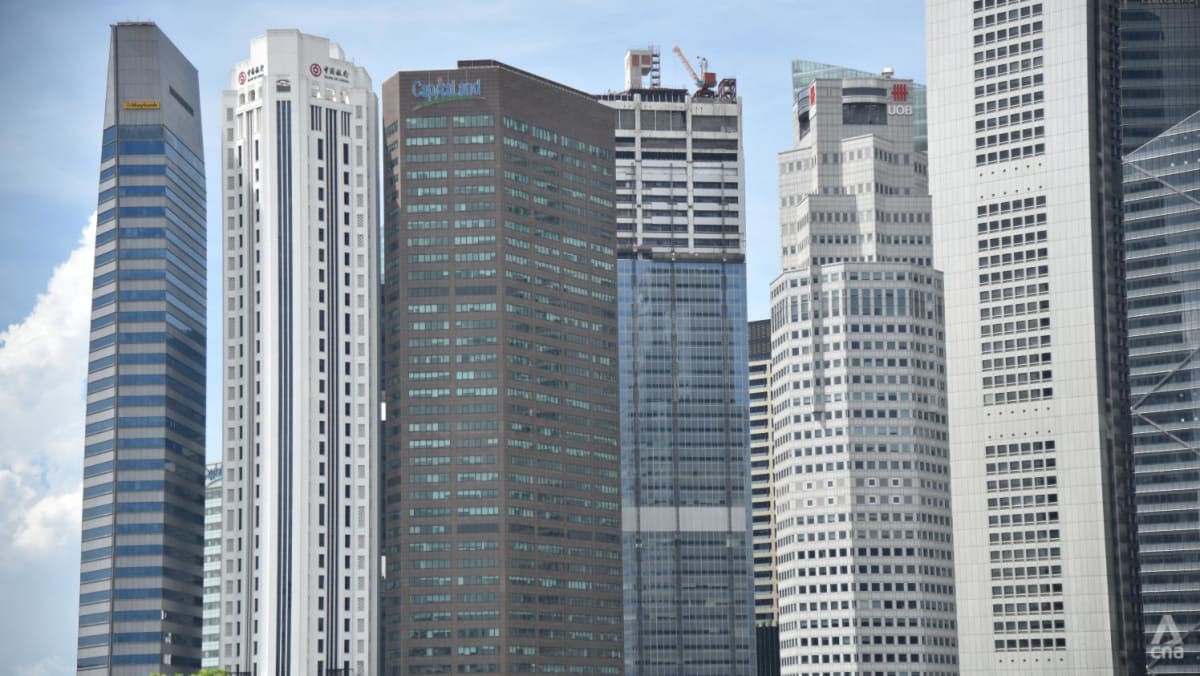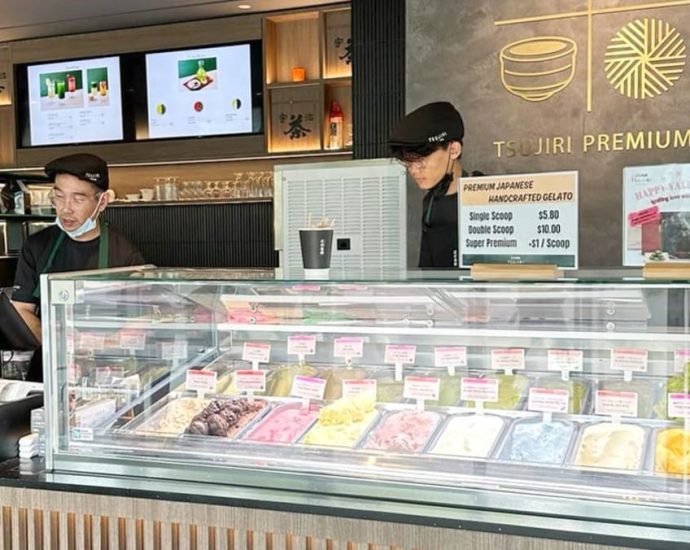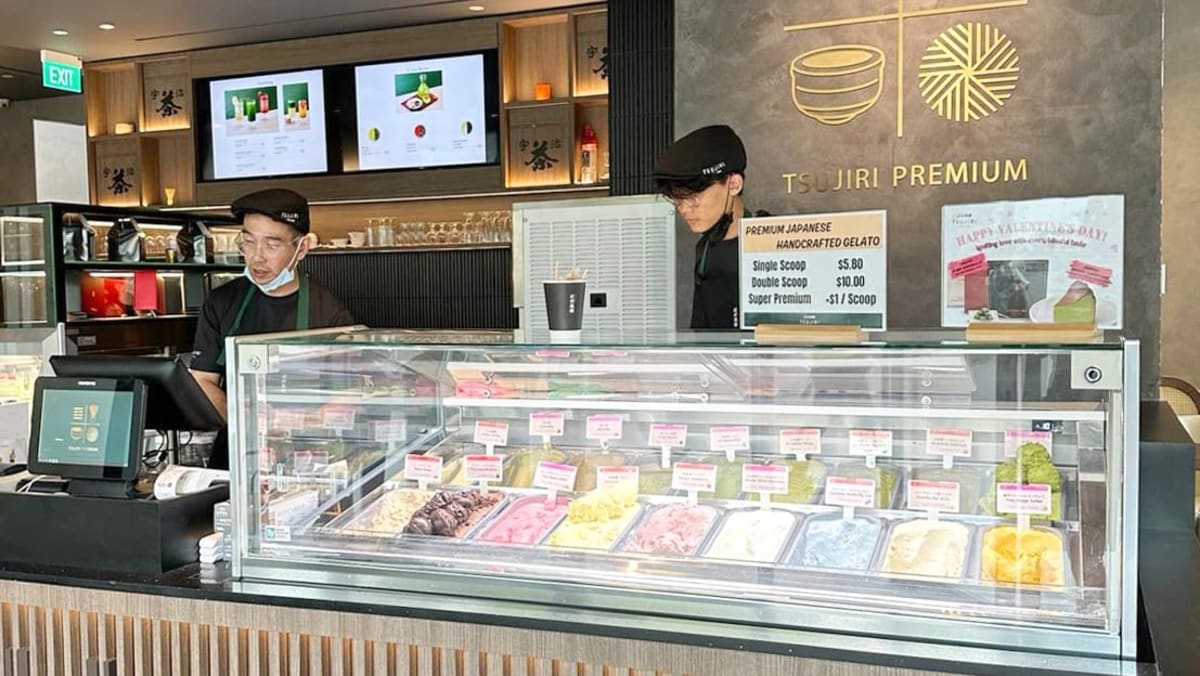Asia seeks 2024 redemption for IPOs | FinanceAsia

After a relatively poor 2022, while some Asian stock markets performed well in 2023, such as India and Japan, others including China, Hong Kong, Singapore and Australia languished as geopolitical tensions, rising interest rates and poor performing domestic economies knocked investor confidence.
There was also a downturn in mergers and acquisitions (M&A) in Asia Pacific (Apac), with 155 deals completed in 2023 with volumes down 23% compared to 200 deals in 2022, according to WTW.
Broadly, investors were spooked by a combination of higher for longer interest rates from the US Federal Reserve, a lacklustre economic performance in China post-pandemic with the property sector dragging confidence, and wider geopolitical tensions.
Will Cai, partner and head of Asia capital markets practice and co-chair of China corporate practice at law firm Cooley, told FinanceAsia: “2023 was a very challenging year for all major capital markets in Asia, with Japan as the only exception. There were several contributing factors: the slower-than-expected post-Covid-19 economic recovery in China, the current regional and global geopolitical tensions, as well as the high interest rates.”
He added: “High interest rates have a significant negative impact on capital market deals. The logic is very simple: if treasury bonds can provide 5% annual return, risk free, investors will expect a much higher return on high-risk equity deals – which unfortunately is not what many companies can deliver in a tough market. We probably need to see a moderate reduction on interest rates before equity investors return to the market.”
Amid the gloom, other avenues in the equity space beyond IPOs, performed relatively well, with banks needing to respond to changing client needs.
Kenneth Chow, co-head of Asia equity capital markets, Citi, said: “These are challenging market conditions and as a bank you need to be nimble and flexible. However, there are always opportunities in Asia, such as convertible bonds and block trades.”
Japan and India rising
There were arguably two Asian ‘star’ performers in 2023: Japan and India.
Despite a weak yen, Japan saw a breakout from years of deflation, corporate governance reform and a solid domestic economy, while India saw strong GDP growth of around 7% and a continuation of reforms.
Udhay Furtado, co-head of Asia equity capital markets, Citi, told FA: “Japan and India have recently emerged as IPO hotspots, while Indonesia has also seen positive momentum. There is an increasing interest in the energy transition story, including the makers of electric vehicles and batteries.”
Japan, with IPO proceeds up 82% compared with 2022, was the standout Asian market last year.
Peter Guenthardt, head of Asia Pacific investment banking at Bank of America, said: “There are many opportunities in Japan with the fee pool increasing 20% in 2023, while overall fees were down by the same figure across Apac. The fee pool was twice the size of China this year. Japan could remain the largest fee pool in Apac in 2024.”
Guenthardt added: “In Japan, there has been an increase of IPOs, block trades and convertible bonds, with that trend set to continue. There has also been a rise in activist investors – for which it is the second most active market in the world.”
He continued: “Japanese companies are also looking to expand abroad for M&A opportunities, with the US being the most popular market and where sectors such as technology are particularly attractive.”
In India, the market saw a big improvement in the second half of the year. While many companies conducted IPOs outside of India, the local stock markets saw the number of issuers increase by over 50% to 239, according to data from the London Stock Exchange Group (LSEG). With the second half of the year doing particularly well, this bodes well for 2024, with some experts tipping the world’s fifth largest economy to lead the way in IPOs globally this year.
Citi’s Furtado said in a media release: “We hope to see a turn in the IPO markets, as we have been seeing in India in late 2023 and we also expect to see [a] continued pick up in convertible bond activity (given refinancing efficiencies), alongside a robust follow-on/ block calendar.”
2024 Hong Kong bounceback?
One of the big questions for Asia in 2024 is can Hong Kong, one of the pre-eminent financing hubs, return to something resembling its former glory after years of protest and pandemic turmoil. Any turnaround in Hong Kong should also indicate improved confidence in Chinese equities given that the majority of companies listed on the Hong Kong Stock Exchange (HKEX) are Chinese.
PwC is predicting HK$100 billion ($12.8 billion) of deals in 2024 with around 80 deals in the pipeline, and KPMG is expecting Hong Kong to return to the top five of the IPO global rankings.
While the fundamentals are still strong in the Special Administrative Region (SAR), a recent reliance on Chinese companies, which have been buffeted by domestic headwinds and rising US interest rates, has damaged the market. In addition, the potential implications of the SAR’s new national security law have rattled global investor appetite.
However, in a sign of optimism, already in 2024, two Chinese bubble tea firms have applied for listings on the HKEX suggesting that market appetite could be rebounding in China – especially for companies supplying consumer staples.
Although stock markets in mainland China are providing stiff competition to Hong Kong, foreign investors and Chinese firms are still attracted to Hong Kong’s greater flexibility. In addition, geopolitical tensions mean that Chinese and Hong Kong firms are becoming more cautious about listing in the US.
Stephen Chan, Hong Kong-based partner at Dechert, told FA: “2023 was relatively challenging for the Hong Kong IPO market, with the number of deals and proceeds raised having declined year on year. We have seen a number of potential listing applicants choose to delay their listing timetable in view of the underperforming stock price of recent new listings.”
A sluggish stock market performance, low valuations for newly listed companies and the macroeconomic environment contributed to potential listing applicants opting for the wait-and-see approach, with the SAR facing strong headwinds.
Chan added: “The US interest rates hikes saw investors opt for products with high interest rates and fixed income.” This dampened the demand for IPOs, and in turn affected the valuation of potential IPOs and hence weakened the urge for potential listing applicants, explained Chan.
He said: “Increased borrowing costs and lower consumer spending in general – due to the high interest rate cycle – have also affected the operational and financial performance of the potential listing applicants. Improvements to both investor sentiment towards the equity market and companies’ operating and financial performance would be essential before companies could reconsider fundraising through IPO.”
Certain sectors have been performing better than others, including technology, media and telecom (TMT) and biotech and healthcare companies. These are likely to continue to lead the IPO market in terms of the deal count and deal size in Hong Kong, especially with January 1, 2024’s HKEX regulatory reform for the new Chapter 18C (known as the GEM reforms) for specialist technology companies, and an expanding market for biotech and healthcare under Chapter 18A which was launched in 2018.
Chan added: “The HKEX has taken the opportunity to introduce a number of modifications to improve the fundraising process including the new settlement platform, FINI, which will shorten the time gap between IPO pricing and trading and hence reduce the market risk and modernise and digitalise the entire IPO process.”
“The GEM listing reform aiming to enhance attractiveness for SMEs to seek listings. . . will also boost the number of deal counts for the Hong Kong IPO market and provide SMEs with development potential a viable pathway for pursuing listing in the main board in the future.”
A continuation of the return of visitors to around 65% of pre-pandemic levels to the SAR in 2023 should also help build momentum in the local economy. In addition, the SAR has been reaching out to the Middle East for investment and is increasing its trade cooperation with Asean countries.
Asia outlook
While China appears to still be struggling to turn its economy around, Asia will continue its overall growth trajectory as the middle class grows, technology evolves and connectivity improves. The relatively young populations of Asean countries such as Indonesia, Vietnam and Thailand will also continue to provide a boon for investors.
Cooley’s Cai said: “In terms of deal counts, there were still relatively more biotech deals in 2023. Part of the reason is that biotech companies must raise capital regardless of market conditions (and therefore, the price). We also see companies from the ‘new consumer’ sectors looking to IPO. We believe these two sectors likely can do well in 2024.”
He continued: “We hope 2024 will be better than 2023, but we may need to wait a bit longer for a booming market.”
There is certainly a long way to go before seeing the region’s previous robust IPO levels.
“2024 is going to be a volatile year with the upcoming elections in the likes of the US and India, but there is a strong pipeline of deals if risk appetite returns, which will partly depend on the pace of monetary loosening,” said Citi’s Furtado.
Alongside a host of elections, there are ongoing conflicts in the Middle East and Ukraine, meaning there is much uncertainty over global supply chains, oil prices and the inflation trajectory.
While investors will be hoping that inflation can be kept under control so the US Fed can start cutting rates sooner rather than later, solid economic fundamentals and growth in many large countries in the region should provide confidence in Asia’s equity markets moving forward.
This article first appeared in Volume One 2024 of the FinanceAsia print magazine which is available online here.
¬ Haymarket Media Limited. All rights reserved.


